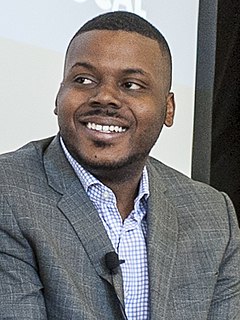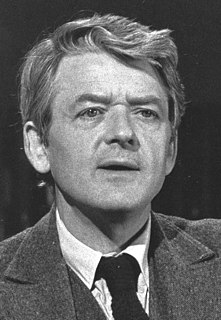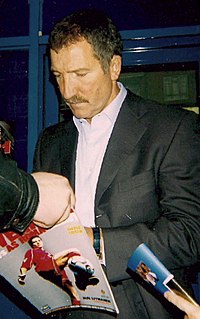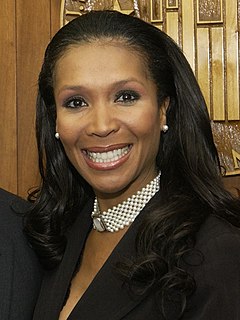A Quote by Michael Tubbs
Growing up, I read all three of Frederick Douglass' autobiographies by the time I was 12.
Quote Topics
Related Quotes
I would walk into the Carnegie Library and I would see the pictures of Booker T. and pictures of Frederick Douglass and I would read. I would go into the Savannah Public Libraries in the stacks and see all of the newspapers from all over the country. Did I dream that I would be on the Supreme Court? No. But I dreamt that there was a world out there that was worth pursuing.
































